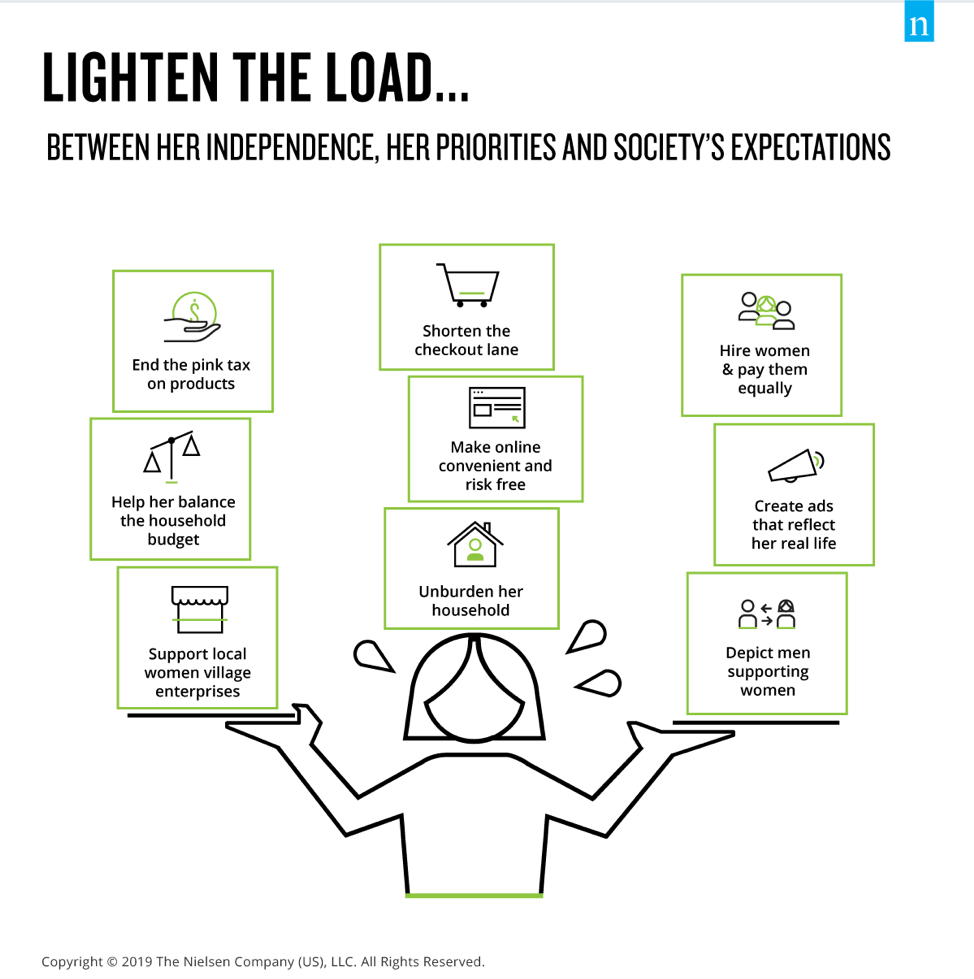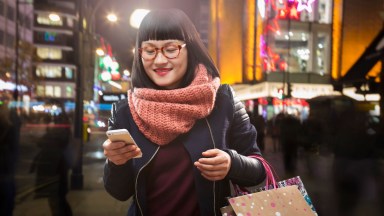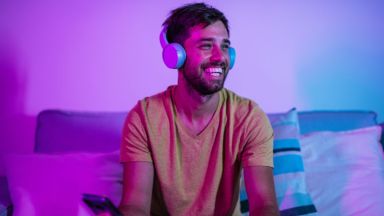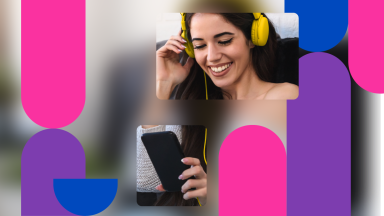For brands to succeed today, they need to find ways to address the challenges women face. Making up half of the Australian population, women are key influencers in our market, and they represent big opportunities for convenience-led technologies and services. Smart brands are embracing the progressive needs of Australian women and creating products that put the priorities and desires of women before that of society’s expectations.
During International Women’s Week, we take the opportunity to understand how marketers can reach out to Australian women and drive conversations about what matters the most to them.
Nielsen Consumer & Media View research reveals that the modern Australian woman is hardworking, well-educated (40% have a Bachelor Degree or Higher Degree) and passionate about social causes.
There is great potential for marketers to create a deeper connection with them by appealing to the causes they feel strongly about, such as environmental, societal issues and mental health. In fact, mental health is particularly important, ranking as one of the most important social issues for women aged 18-39 years old (Women 18-39 are 54 times more likely than the average person to think Mental Health is the most important social issue in Australia). Supporting social issues can increase a brand’s standing in the eyes of women – 70% of women 18-39 think highly of companies that support charity. They are 12% more likely to be loyal to brands that support worthy causes.

With more women balancing the demands of working with home responsibilities; marketers can also maximise campaign resonance by appealing to their need for convenience to free up their time. Two-thirds of women believe that they never seem to have enough time to do what needs to be done.
Word-of-mouth is really important, with 57% talking about what they read on the internet. Women are 32% more likely than the average person to purchase products that have an association with a celebrity. Women value quality, with 63% agreeing they would spend more for quality goods.
The best way to reach women is through mobile internet, they are 34% more likely than the average person to connect via mobile. Particularly for younger women, tailored messaging through mobile internet is key. Women 18-39 are 54% more likely than the average woman to believe messages in online and mobile ads that are tailored to them, are more useful.
In short, marketers that focus more on how they can lessen the load off womens’ shoulders and less on the color of their packaging will earn more dollars.



